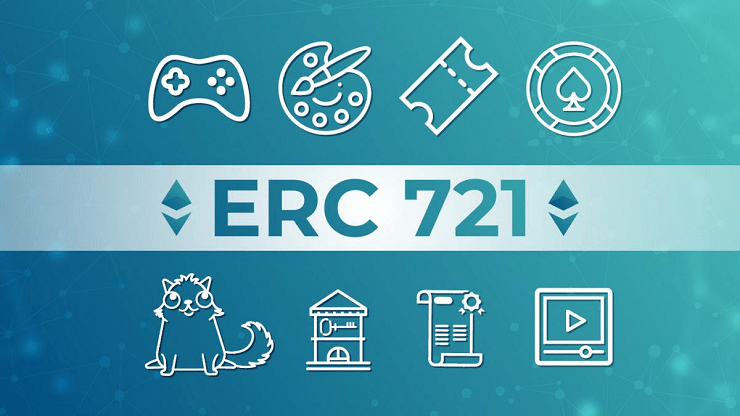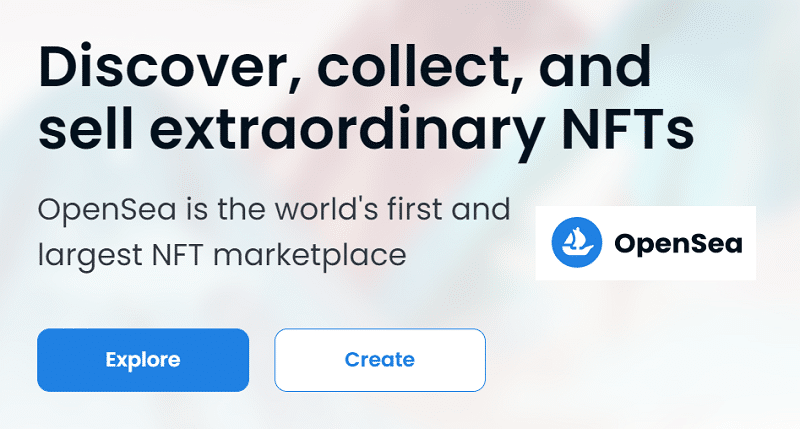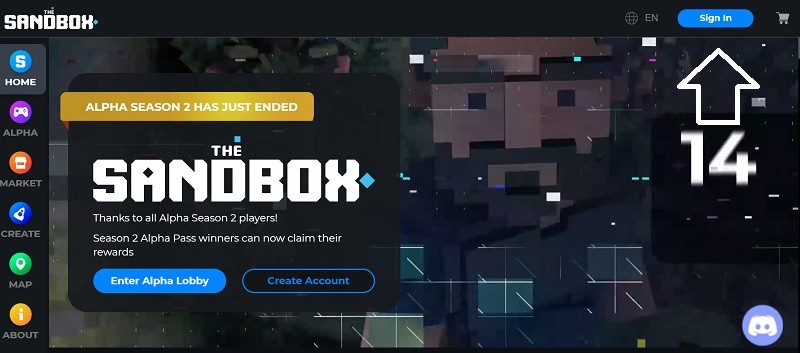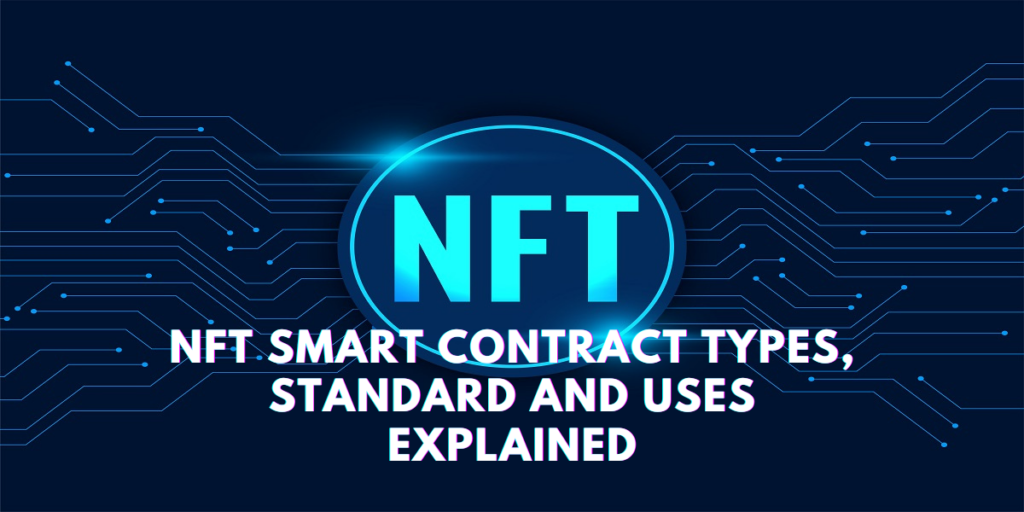Latest Articles
ERC-721 Vs ERC-1155 : Benefits And Difference From ERC-721 Standard!
ERC-20, ERC-721, and ERC-1155 are token standards used for deploying smart contracts on a blockchain. These standards include…
Cardano vs Ethereum vs Solana? Which One Is Best For NFTS? Find Out!
Are you trying to find the best blockchain for NFTs? Cardano, Ethereum, and Solana are among the popular…
How To Buy NFT On Opensea Using MetaMask Wallet : Beginners Guide !
Are you looking for a step-by-step guide for How To Buy NFT on Opensea? Then you have landed…
Bigfoot Town NFT Mint Price And To Know Everything
Unveiling the untold story with Bigfoot Town NFTs, the creators bring a new platform into the metaverse for…
How To Enter The Metaverse With Sandbox ? Know Everything !
Wondering how to enter the metaverse on the Sandbox website? Clueless about what is the metaverse and its…
NFT Smart Contract Types, Standard And Uses Explained
Are you new to the NFT market and wondering, “what is an NFT Smart Contract?” Then you are…
Dapper Ape High Society NFT Mint Price And How To Buy
Dapper Ape High Society NFT is a collection of 5,555 NFTs on the Solana Blockchain, a project that…
Meka X NFT Mint Price And Where To Buy Meka X NFT
Meka X NFTs is a collection of 2,222 NFTs bred on the Solana Blockchain. Meka X was created…








